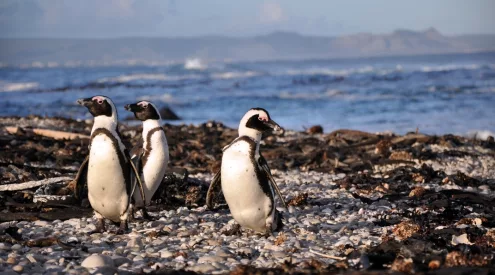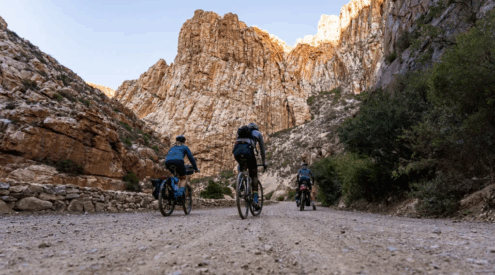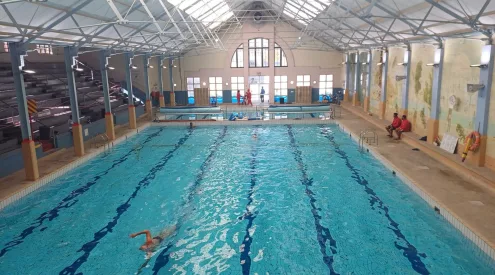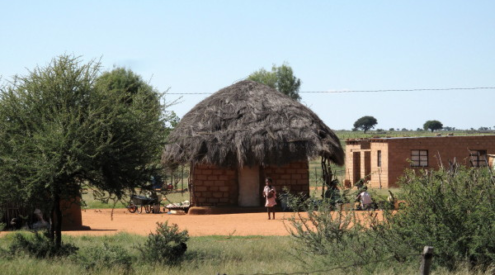Getting the travel industry back on its feet is crucial. One way of contributing to the recovery of the industry is to make travel as affordable and accessible as possible to all.
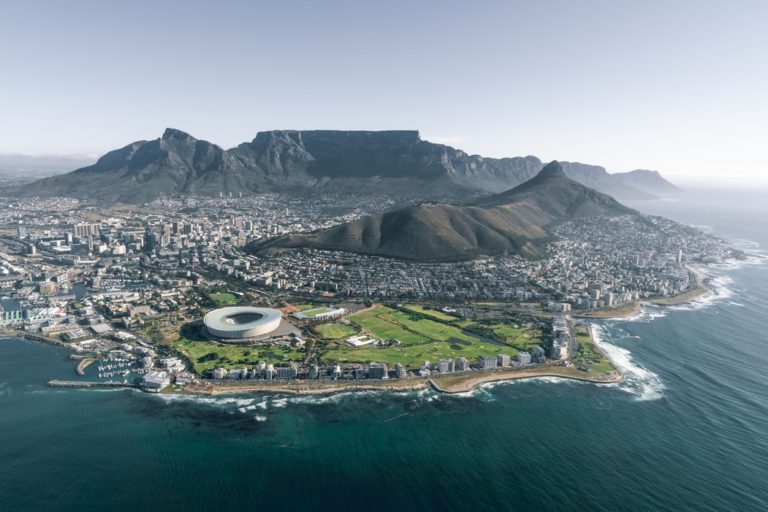
According to the World Travel and Tourism Council and UWUNTO the total travel and tourism GDP in 2020 saw a loss of $4.5 trillion globally. Last year, we also saw 62 million jobs lost in the tourism sector around the world. In South Africa, travel and tourism contributed 7% to the South African GDP in 2019. This number decreased to 4% in 2020 proving the uphill battle the industry is now needing to face. They are asking that governments around the world play their part in helping tourism recover.
It is against this backdrop that the International Air Transport Association (IATA) recently issued a statement in which they appealed for governments to lower the costs of Covid-19 tests. Cape Town Tourism today announces that it supports this view as well as the view of the World Health Organisation (WHO).
‘WHO’s latest guidance advises governments around the world that they should consider exempting vaccinated travellers from COVID-19 testing,’ says Enver Duminy, CEO of Cape Town Tourism. ‘We are inclined to strongly agree with this approach as we believe that doing away with this will encourage more people to travel.’
‘To ask for a mandatory COVID-19 test of those who have already been vaccinated might be a tad bit unreasonable and definitely, another barrier put in place for those wishing to travel at this time. In the case of non-vaccinated travellers, by all means, ask them for a test to avoid quarantine, but then we also need to look at the costs of these tests.’
In a recent IATA traveller survey, 86% of respondents stated that they would get tested, but 70% then went on to say that the cost of testing could be seen as a barrier to travel.
‘Travel has become increasingly more accessible in recent years and especially now with many regions, companies and airlines running a number of specials to stimulate growth,’ says Alderman James Vos, MMC for Economic Opportunities and Asset Management which includes Tourism at the City of Cape Town. ‘This added expensive cost of a COVID-19 test is something that many cannot afford and it will leave travel in the hands of just a few who can afford it. And it’s not only the cost that is a deterrent, there are time constraints that add to the inconvenience of the process. Although the process has improved somewhat, most turnaround timings are still 24-72 hours.’
‘We are calling on the South African government to allow for vaccinated travellers to travel to South Africa with ease and with no test requirement,’ Vos continues.
Vaccinations are in full swing around the world and many of South Africa’s and Cape Town’s key source markets are well on their way to reaching their various vaccination targets. Europe plans to vaccinate 80% of the population. The USA plans on 100%.
In Germany, a total of over 89 million vaccinations have been administered with close to 50% of the population being fully vaccinated. In the UK, over 80 million doses have been provided and more than 50% of the population is fully vaccinated. The US is sitting at over 341 million total vaccinations and 49% of the population is fully vaccinated.
‘These insights highlight that, around the world, we’re slowly but surely fighting this virus,’ says Duminy. ‘It gives us lots of hope that international travel will soon bounce back and we can get our industry off the ground again and to the very successful state we were in before hit with this global pandemic. But we need governments to take the advice of the WHO when it comes to vaccinated travellers. We cannot afford to have additional obstacles to overcome to attract our international visitors.’
‘People are itching to travel again and we must make it easier for them to do so. Economies around the world rely on tourism as a key source of income and a contributor to GDP, and in South Africa, this is also true. Tens of thousands of jobs currently hang in the balance. We call on governments to reconsider their testing policies and requirements in order to help tourism recover around the world,’ Vos concludes.
Picture: Unsplash


